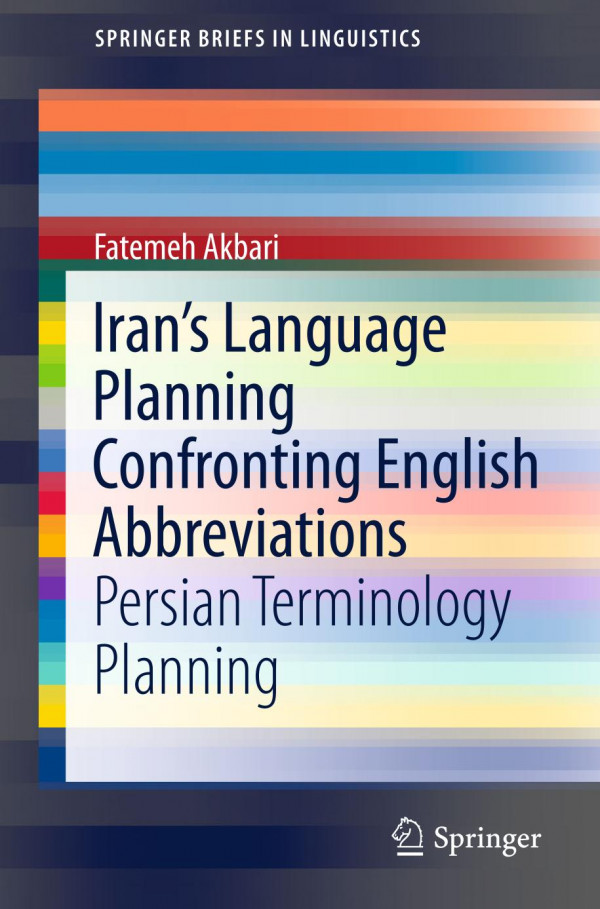

Most ebook files are in PDF format, so you can easily read them using various software such as Foxit Reader or directly on the Google Chrome browser.
Some ebook files are released by publishers in other formats such as .awz, .mobi, .epub, .fb2, etc. You may need to install specific software to read these formats on mobile/PC, such as Calibre.
Please read the tutorial at this link: https://ebookbell.com/faq
We offer FREE conversion to the popular formats you request; however, this may take some time. Therefore, right after payment, please email us, and we will try to provide the service as quickly as possible.
For some exceptional file formats or broken links (if any), please refrain from opening any disputes. Instead, email us first, and we will try to assist within a maximum of 6 hours.
EbookBell Team

4.0
96 reviewsThis book addresses one of the most crucial and common questions confronting planners of languages other than English, that is, how the impacts of global languages on local languages should be dealt with: internationalization or local language promotion? This empirical study examines the implementation of Iran’s governmental language and terminology policy to accelerate rarely used abbreviation methods in Persian in order to preserve the language from the extensiveness of borrowed English abbreviated forms.
This book provides an in-depth analysis of relevant linguistic theories as well as the structure and social context of the Persian language itself, rather than relying on personal opinions or beliefs either in favour of or against abbreviation. The text appeals to politicians, language planners, terminologists, lecturers, authors and translators of scientific works, especially those who are speakers of languages other than English and seek to promote their local languages. This book is particularly relevant to linguistics students (both undergraduate and graduate students) and language teachers and researchers in the broader areas of language education and curriculum design.